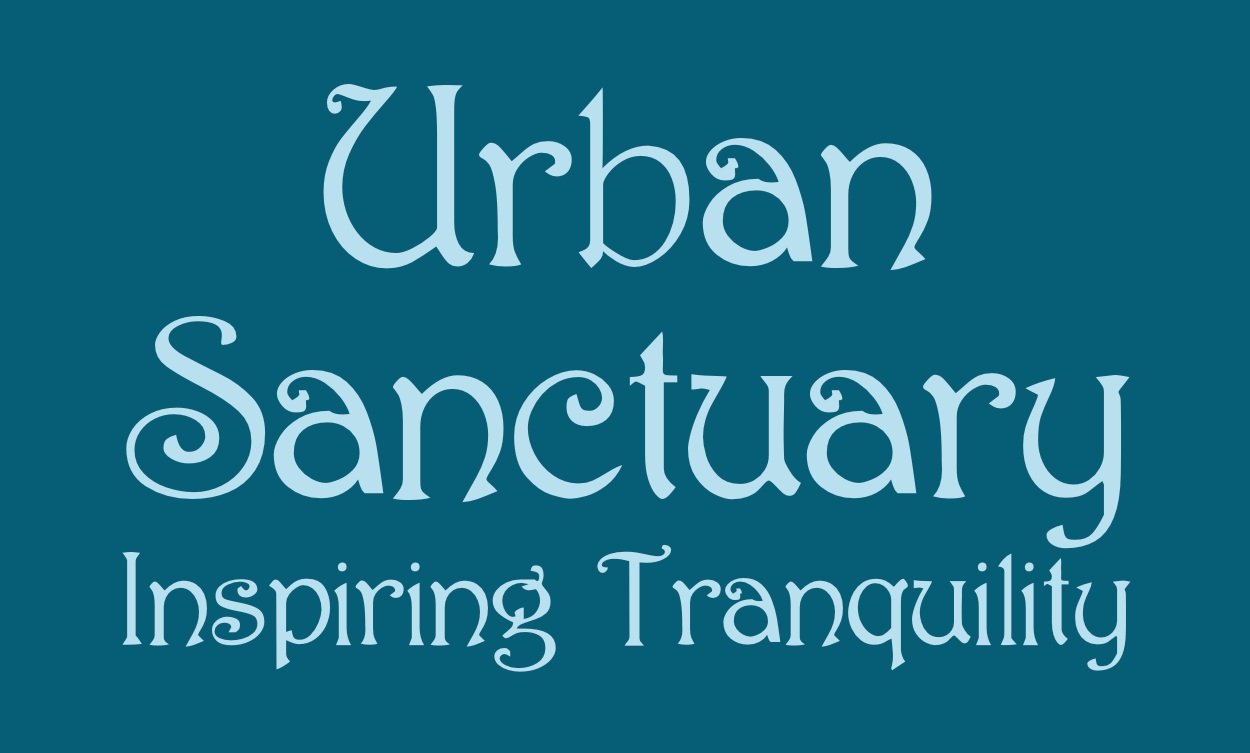Inspiring Ignatian Quote #14
Ignatius has a way of saying a lot with a few words; succinct. Me? I need the explanations. Why? Because I went to a Jesuit university, and the Jesuit order is known for its charism of instructing. Ironic, huh? For this quote to make sense, one must understand the knowledge Ignatius had already acquired in his 15-16th century life, and the lessons he learned while on pilgrimage. Lessons of listening and deep introspection.
I do agree we need a return to understanding virtue, the virtuous life, and the vices which oppose the virtues. I hope to offer a program dealing with that very subject, in the fall, here at Urban Sanctuary. In the mean time, I will sprinkle in a little knowledge, with the hope that you will focus more on the virtues than on just obtaining the knowledge. So, I hope this helps you attain, at least, a beginning understanding of what has been missing in our civilization in recent decades, and why it is imperative that virtue be restored in our daily lives.
First, what exactly does “virtue” mean? If you were to ask someone from Ignatius’ time what were the virtues?, they could likely name them and distinguish between the Theological and the Cardinal virtues. Today’s college student, likely cannot name all seven virtues nor know of the differentiation. Merriam-Webster defines this noun as: 1a : conformity to a standard of right: MORALITY, 1b : a particular moral excellence. Virtue, simply means a moral habit we continually try to perfect; how we act and do things when trying to do good. Notice the word conformity . . . and notice the cultural shift of non-conformity to ANYthing/one of authority in the past couple generations! The loss of virtue has critically impacted humanity at its core, and so, too, as individuals fan out into society, with less and less attention to virtue, we see what chaos has been wrought! Is there any way to right this dynamic? Of course. But, like anything, this journey begins with one step . . . each one of us making intentional steps toward a more virtuous life. What are the virtues?
JUSTICE - PRUDENCE/WISDOM - FORTITUDE/COURAGE - TEMPERANCE/MODERATION - FAITH - HOPE - CHARITY/LOVE
In doing a bit of quick research, I find there is variance in the naming of the virtues, but if you go back to the classical artistic representations, you will recognize ‘angels’ often depicted as the virtues, and their names accompany them. I have included both names, for example: Prudence, which also means Wisdom, etc. I think there is power in words, but if you skip over them because you don’t know what they mean, you’ve lost the message. So, I offer both the original names, and the more common names, you choose how you define them.
If you hope to develop a specific virtue, it helps to know what that might entail, and, the accompanying vice which can sabotage our efforts to live the virtuous life. Also, it helps to distinguish between the 3 Theological Virtues (FAITH, HOPE and CHARITY), and the 4 Cardinal Virtues (JUSTICE, PRUDENCE, FORTITUDE and TEMPERANCE). The Theological Virtues are graces given directly from God to help us with the Cardinal (Human) Virtues. Peter Kreeft, in his book, “Back to Virtue”, (pgs. 72-73), does a great job at helping us understand this:
“The four cardinal virtues are not sufficient even for this life.”
“For instance, without charity, which goes beyond justice, no one can be just.” “. . . for when we love someone we want them to receive justice. “
“Another example is that it is very hard to be totally courageous without hope in Heaven. Why risk your life if there is no hope that your story ends in anything other than worms and decay?”
“Also, no one can be truly wise without faith, for faith sees higher and farther than reason or experience can.”
“Finally, no one can successfully practice self-control without God’s grace, for we are all addicted to sin, self-indulgence, and selfishness.”
“The point is simply that without God’s grace we cannot be good.
Without love, justice turns to cruelty.
Without hope, courage turns to blind despair.
Without faith, this-worldly wisdom is foolishness to God.“
I can only add that through our own self-control, we are the ones who can do the work required to restore virtue into our lives, our families, our communities, our nation, our world. If not me . . . who? If not now . . . when? (I didn’t make that up, kudos to whomever did!) By taking “God” out of the ‘town square’, the classrooms, and many homes, we have created an environment rich for the growth of vice instead of virtue. What are the vices, also known as the Seven Deadly Sins?:
PRIDE - ARAVICE/GREED - ENJY - WRATH - SLOTH - LUST - GLUTTONY
As you can clearly see what our society and world are more comprised of, Virtue? or Vice? We do need knowledge of both, but especially virtue and to practice the steps necessary to create the habits, so that virtue is more evident than knowledge (or vice) in our lives.
Here is a final truth that Peter shares:
“A person who is unjust, foolish, cowardly, and uncontrolled will find it much harder to believe, to hope in , or to love God.” Isn’t that what we see unfolding daily? Let us be a ‘world-changer’ and show others our virtuous lives in action.

